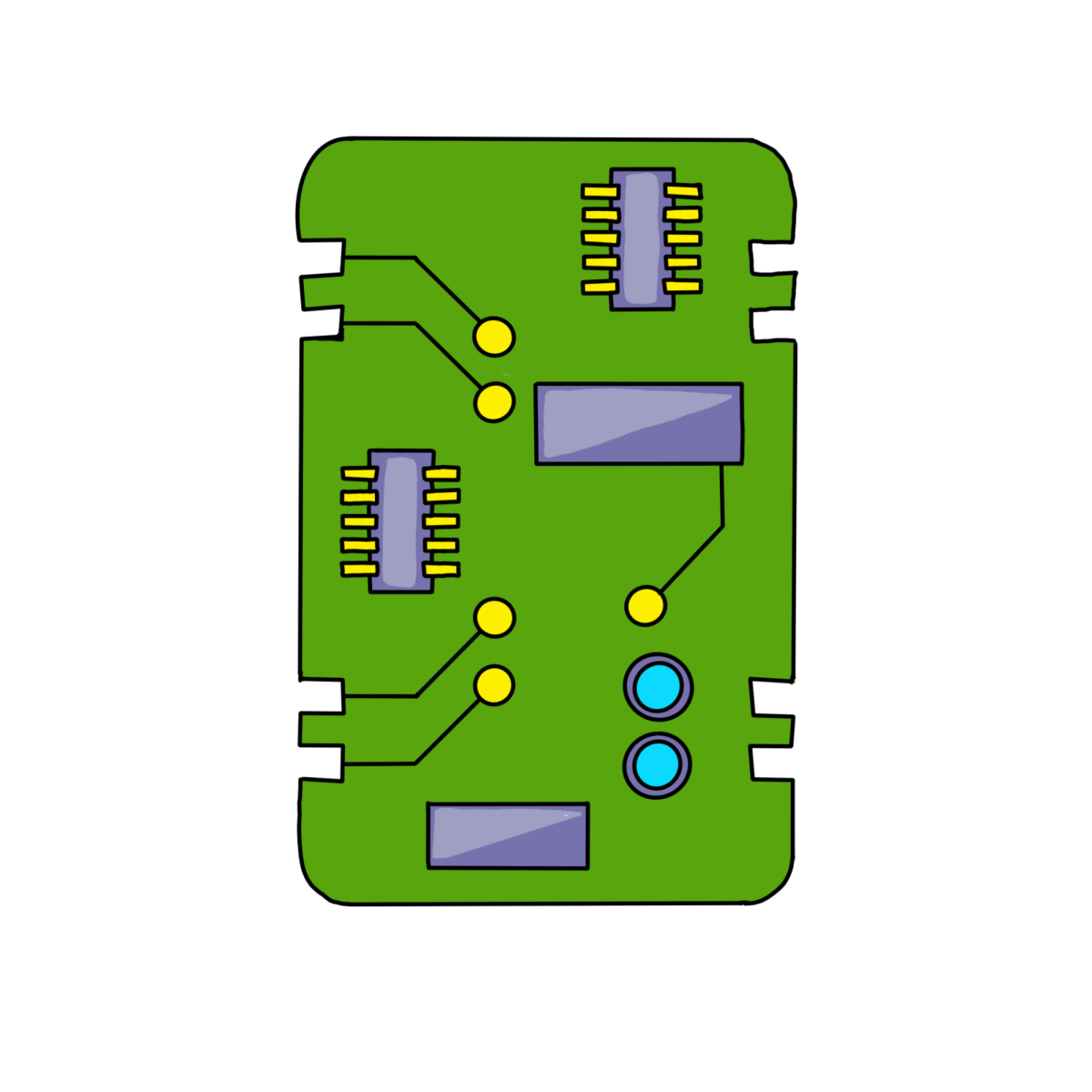Quick solutions to impending deadlines may turn students into integrity violators and do so frequently.
According to Faculty Fellow for Academic Integrity, Benjamin Daniels, associate teaching professor, the integrity council is seeing “more and more” generative AI and ChatGPT cases every semester.
So much, so that his experience as a professor is what inspired him to become involved with the council in the first place.
“I got into the integrity council because one semester I had a really devastating academic integrity situation, where many students got written up for sort of the same thing,” said Daniels. “It wasn’t a bunch of incoming freshmen that didn’t know anything about college, it was higher level students…and in mass, the class committed academic disintegrity.”
Daniels described the processes of filling this mass of reports as “onerous” and “laborious.”
To tackle the problem directly, Daniels joined the Academic Integrity Council, hoping to make this process easier, and fairer for everyone involved.
Despite students, not only at Rowan but across the country, increasingly relying on apps like ChatGPT, Rowan has yet to implement a college-wide AI policy.
Daniels argues that one is not necessary, saying that professor-student communication is the key to solving the issue of AI misuse, rather than creating “some blanketed policy.”
“There’s been a whole lot of resistance to a university-wide policy [on AI], because it’s a tool that can be useful for education, it’s like a calculator,” said Daniels. “Different people use it for different things, some professors embrace it, and we don’t want to stifle that.”
However, some have concerns about the process of adjudicating misuses. Take, for example, Associate Professor of Journalism Candace Kelley.
“They should have a policy so that we all understand and have a place to springboard from,” said Kelley. “So as it stands now, there’s so much discretion that professors have, we could really do anything we want. And I’m not sure that’s fair to the student or professor.”
Kelley described navigating this discretion as “getting into the weeds,” expressing logistic concerns about reporting AI plagiarism.
Experiencing these infractions herself, Kelley finds herself questioning the proper course of action in more nuanced cases, saying, “In legal terms, there is no precedent.”
Citing the Rowan University Report of an Academic Integrity Violation (RAIV), as the means to report, which outright lacks any mention of AI. Rather, the form focuses on the categories of cheating, plagiarism, fabrication, and academic misconduct–AI only being a means to qualify for these infractions.
With four levels to an RAIV, the degree of consequence increases with the class a report is filed under. The first two result in more mild consequences, typically being handled internally by the professor.
Unless the report is then appealed by the accused student.
In that instance, like the third and fourth levels of RAIV, the case would be heard by the Academic Integrity Review Board, which then recommends action based on their deliberation to the Vice President of Student Affairs which leaves much in terms of discretion for the professor.
“It would be good to have [more] guidance,” said Kelley.
Detailing her process of checking all work submitted with AI detection software, Kelley said it’s only fair to check every submission.
However, not all cheating is created equal.
Kelley detailed the indicators of AI usage, and how it’s almost instantly recognizable.
Kelley explained that if bodies of work produced by artificial intelligence were to be personified, they would move like robots–completely lacking the human introspection and creativity candidly produced work displays.
“You will not come across a professor that has not encountered students using AI,” said Kelley. “We’ve got hundreds of professors, so that’s hundreds of incidents. Just do the simple math. It just is what it is. Period.”
Professor Daniels described detecting AI generation similarly in terms of his department.
“I know what it looks like to ask someone about topics in statistics when it is their first course,” said Daniels, “And they’re not quoting back to me ridiculous studies, they’re at a more basic level, and that’s where their writing should be as an undergraduate.”
Daniels said the integrity council conceptualizes student reasoning for plagiarism as a “fraud triangle.”
According to the council’s beliefs, “pressure, opportunity, and rationalization” are the causes of a student falling into the temptation of artificial plagiarism.
Taking this into consideration, Daniels described techniques he has implemented to try and limit this pressure; giving students lower stakes on assignments, letting them retake tests, and even providing support services in hopes of reducing, “that ability to rationalize that it’s okay to cheat.”
Despite seemingly infinite potential, AI is still in its adolescence.
With complications growing in conjunction with its development, students and professors are still learning how to navigate the tool.
However, some students such as Kadin Bevan, freshman electrical and computer engineering major, completely avoid AI academically. Claiming that his high school instilled this caution within him.
“If you’re using it for a whole assignment, then that’s overkill, but if you need help it’s a great tool to use,” said Bevan.
For comments/questions about this story DM us on Instagram @thewhitatrowan or email [email protected]
























































































































































!["Working with [Dr. Lynch] is always a learning experience for me. She is a treasure,” said Thomas. - Staff Writer / Kacie Scibilia](https://thewhitonline.com/wp-content/uploads/2025/04/choir-1-1200x694.jpg)









































